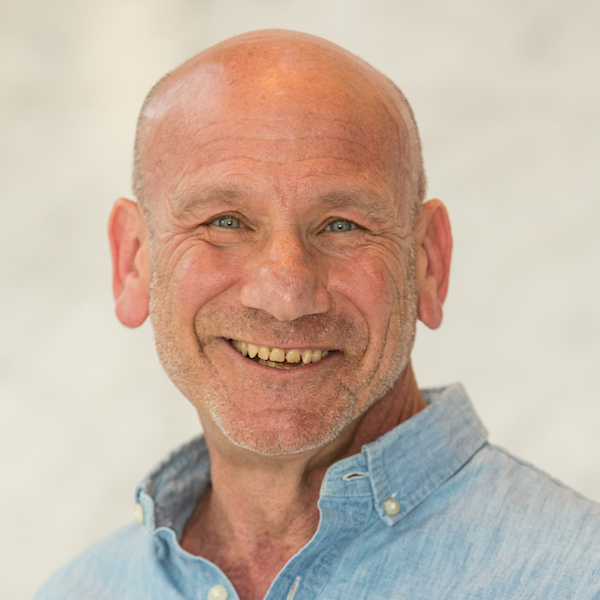Local TV news is the ” target=”_hplink”>a study I did found. L.A. may be hemorrhaging red ink, but “if it bleeds, it leads” doesn’t apply to news coverage of fiscal mayhem. Though crime led local news on one out of three broadcasts, stories about L.A.’s budget crisis topped local news only one time out of 100.
Crime stories filled seven times more of the broadcast than local government news. Soft news – human interest, news of the weird, the vacuous stories ” target=”_hplink”>Broadcast Blues shows, the public’s petitions to the F.C.C. to deny licenses go unread for years; there’s no record there of the last time a station license was pulled.
So we lease our airwaves to broadcasters for nothing, giving them a monopoly on the public square where most people get their information. The stations then rent our eyes and ears to advertisers, including candidates for public office, who are forced to pay for the chance to appeal to us because most stations believe that giving candidates free coverage on the news is ratings poison.
This year, station revenues from political ads are expected to reach ” target=”_hplink”>I know this, because every two years I’m privileged to organize the jury for the ” target=”_hplink”>told the F.C.C. that there’s no such thing as “the public interest”; there’s your version of that, there’s mine, there’s his, and no government agency has the right to impose its version on broadcasters. How he squares this with laws saying there’s a non-subjective public interest in requiring kids to go to school, rivers to be clean and food to be inspected, I don’t know.
No, to this television executive, and to the many in his industry he speaks for, the public interest is no more than what the public is interested in. “We broadcasters, as content creators,” he said proudly, “monitor what the public wants on a daily basis.”
What the public wants.
I want ice cream. I need a balanced meal.
Apparently the people of Los Angeles want only 22 seconds of local government coverage. I wonder: if they got more than that, would they want more than that?
Marty Kaplan holds the Norman Lear chair in entertainment, media and society at the USC Annenberg School for Communication & Journalism. Reach him at {encode=”martyk@jewishjournal.com” title=”martyk@jewishjournal.com”}.
Did you enjoy this article?
You'll love our roundtable.
Editor's Picks



What Ever Happened to the LA Times?

Who Are the Jews On Joe Biden’s Cabinet?


No Labels: The Group Fighting for the Political Center
Latest Articles

Why Are Presidential Statements About Jews So Weak?


USC Cancels Main Commencement Ceremony














 More news and opinions than at a Shabbat dinner, right in your inbox.
More news and opinions than at a Shabbat dinner, right in your inbox.